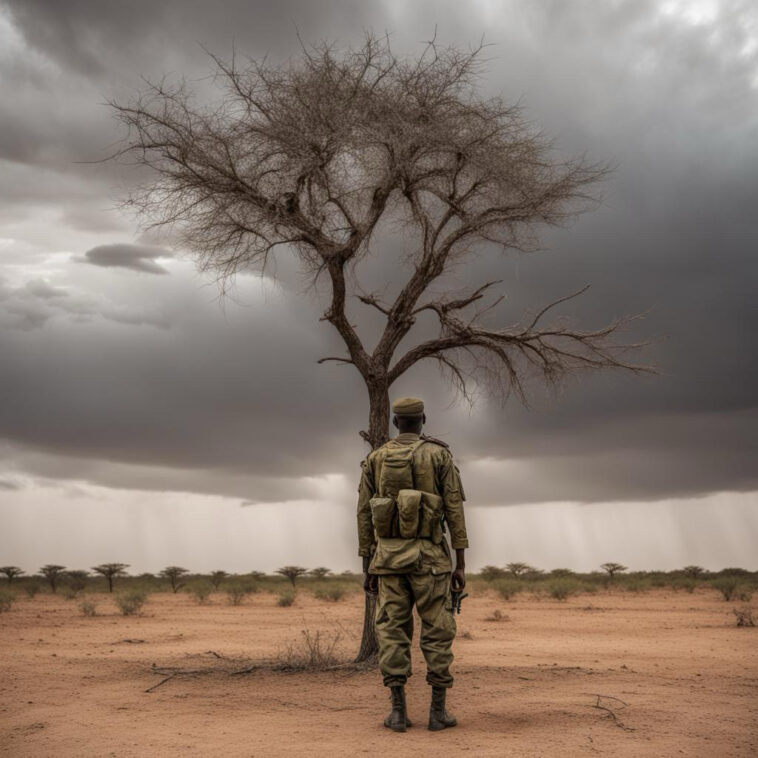In the fabric of military life, where valor and strength are celebrated, a less visible yet equally formidable battleground exists mental health. This issue, often overshadowed by physical injuries, is an integral part of the military conversation that demands our attention and empathy. Today, I aim to highlight the importance of acknowledging, addressing, and supporting mental health within our military community.
Understanding the Stigma
The military ethos, built on resilience and toughness, can inadvertently create a stigma around mental health. Admitting to struggling with mental health is often perceived as a sign of weakness, a stark contrast to the valorized image of a soldier. This stigma can deter service members from seeking the help they desperately need, leading to a silent suffering that deepens the wounds.
The Reality of Mental Health Struggles
Mental health issues within the military are not uncommon. From Post-Traumatic Stress Disorder (PTSD) to depression and anxiety, the psychological toll of military service can be profound. Service members often face unique stressors, including combat exposure, separation from family, and the challenges of reintegration into civilian life. These experiences can leave lasting scars on the psyche, scars that are as accurate and as painful as any physical injury.
Breaking the Silence
Breaking the silence around mental health struggles is the first step towards healing. It’s about changing the narrative from one of weakness to one of courage. Speaking up about mental health struggles is a brave act, one that should be met with support and understanding. Within our military community, we must foster a community where seeking help is seen as a sign of strength, not weakness.
Resources and Support Systems
Although the military is making strides in providing the necessary support, there are not many resources and support systems for those struggling with mental health issues. From counseling services and support groups to mental health hotlines and therapies, including organizations outside the military dedicated to helping service members and their families cope with the psychological toll of military life.
A Call to Action
As members of the military community, we have a collective responsibility to support our service members’ mental health. This includes:
- Educating Ourselves and Others: Understanding the signs of mental health struggles and the resources available can make a significant difference.
- Encouraging Open Conversations: Creating and providing a safe space for open dialogue about mental health can help break down the stigma.
- Supporting Those in Need: Being there for our fellow service members, listening without judgment, and encouraging them to seek help can be life-saving.
A Journey Towards Healing
Addressing mental health in the military is not just about providing resources; it’s about changing the culture, breaking down the stigma, and supporting our service members with compassion and understanding. As we move forward, let us remember that mental health is essential to overall well-being. By taking collective action, we can pave the way for a future where mental health is openly discussed, addressed, and supported. Together, we can ensure that our service members do not have to battle their invisible wounds alone.


Woaw! this is so true!
The military is actually going through a lot and the is a need to attend to their invisible wounds.
So true Blessing. Thanks for stopping by.